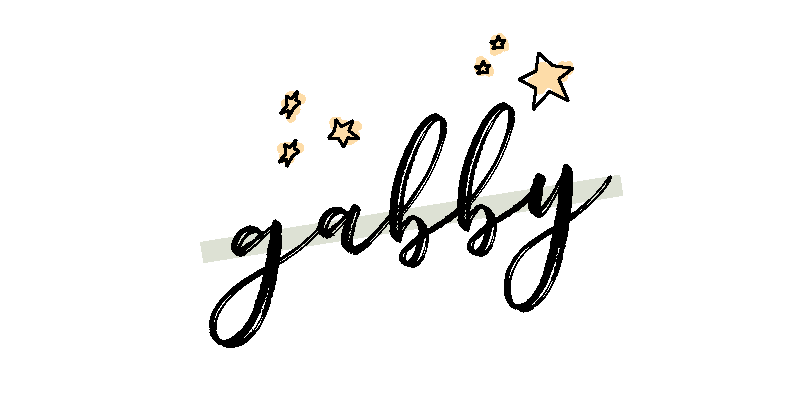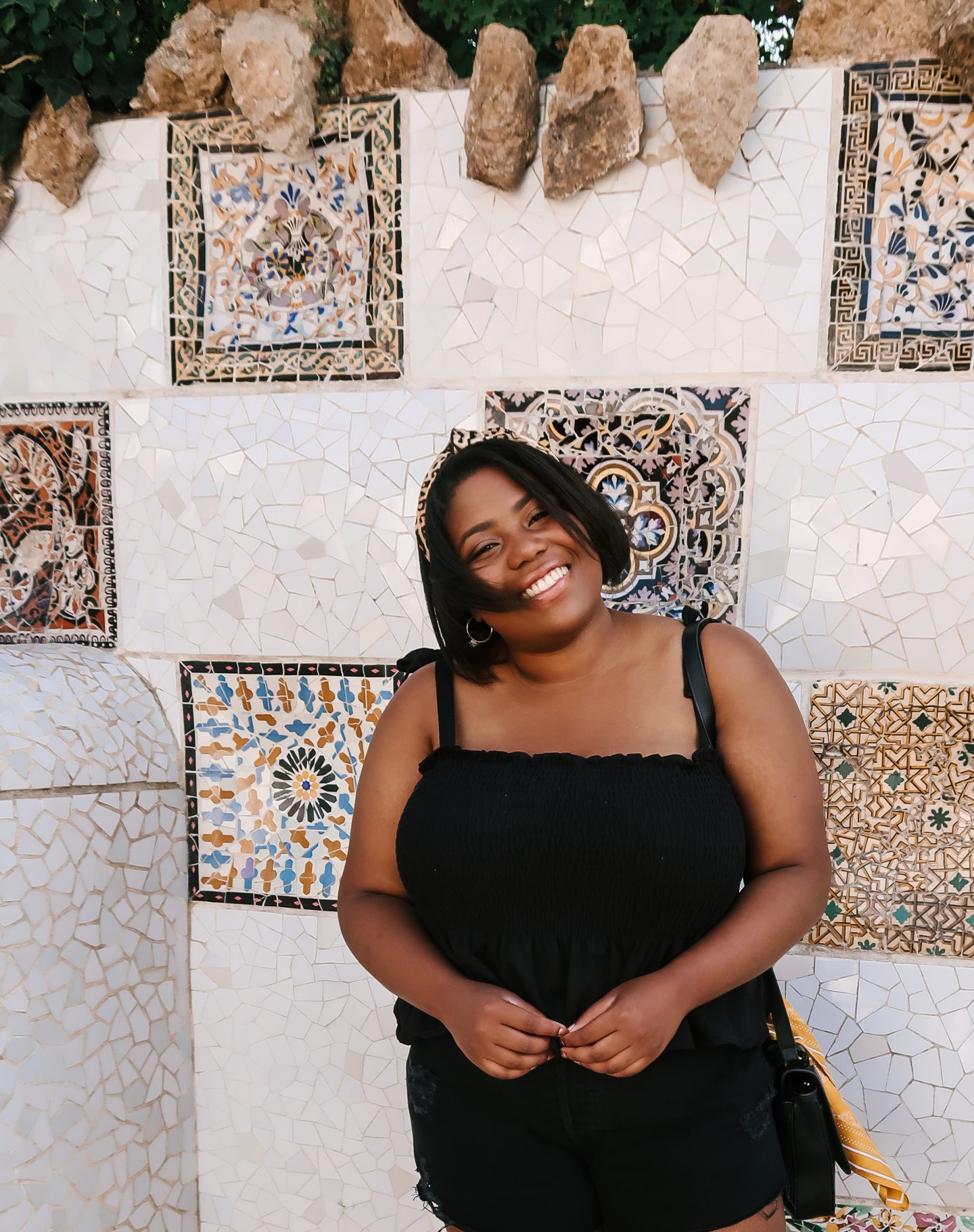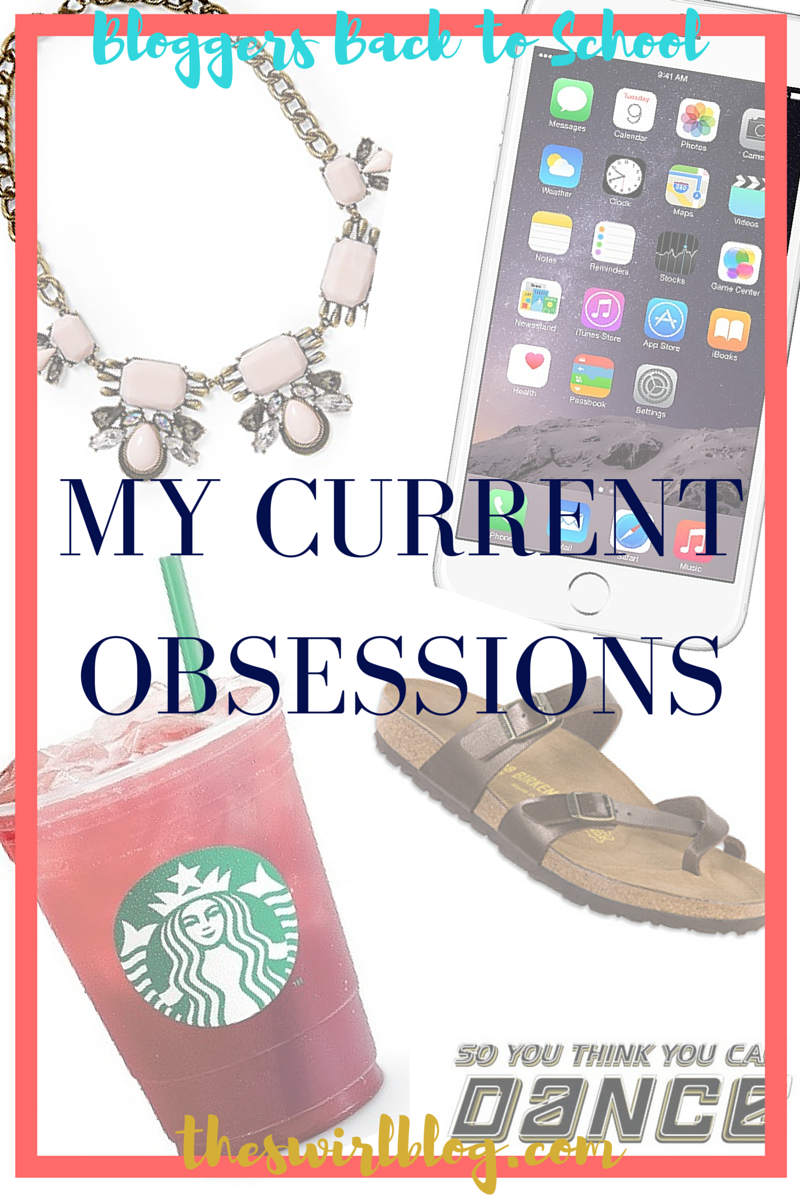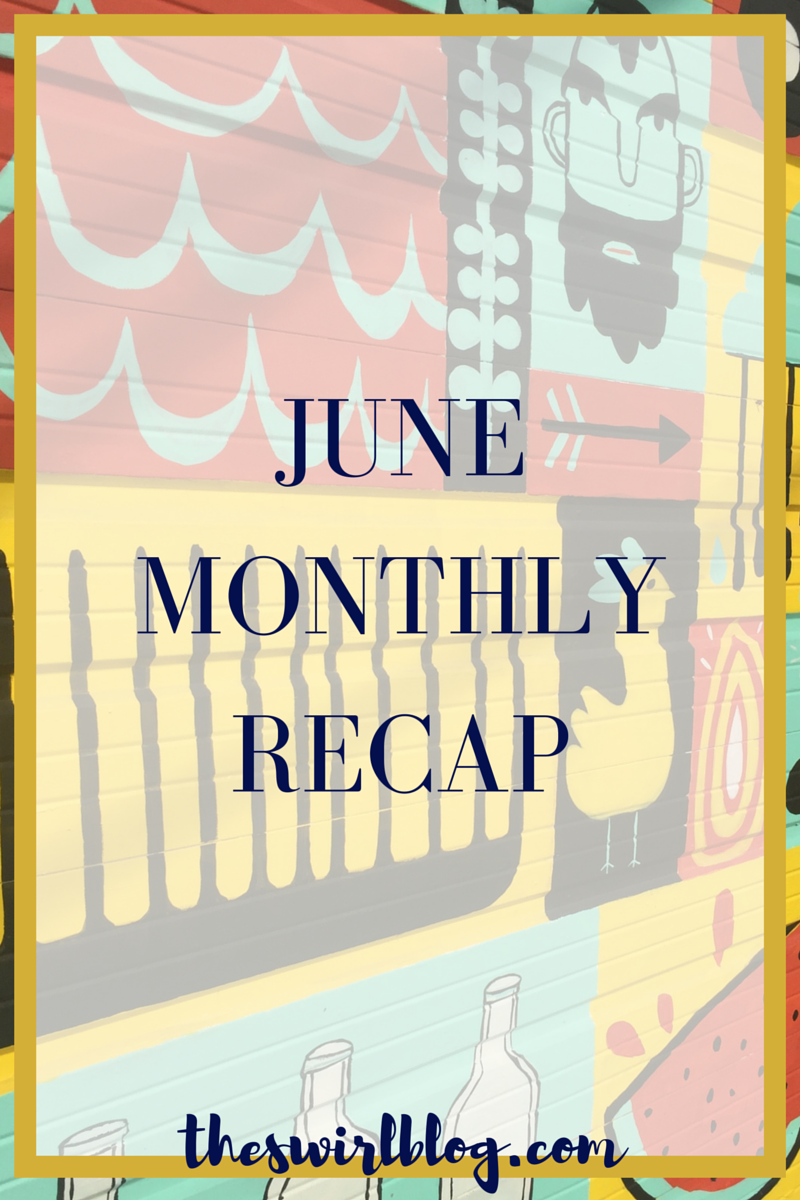If I could go back and tell my sixteen-year-old self one thing, it would be: “speak up, you’re helping them as much as your helping you”. Once, I was applauded by my AP US Government teacher for being “the bigger person” after a debate about affirmative action went sideways [boring white men who get shuttered from their dream school are sensitive]. Someone once suggested that I appeared “lost” upon trying to enter one of my AP classes. They then gestured to the HomeEc classroom that was down the hall. After waiting for hours to be seen by our dentist, my father wanted to know how long we should be prepared to wait for our appointment. Shortly after, he was asked to leave the establishment because a white secretary felt “uncomfortable”.
Internalizing oppression is one of the most powerful tools for injustice. All of those incidents seemed to be tolerable “unfortunate incidents”. My life could continue on in its otherwise sheltered manner. Oftentimes, this injustice takes forms that are much more harmful.
For what appears to be the first time for a lot of you, the curtain of your world view has been sharply pulled from sight. You are being forced to realize the violence and hatred that has been systematically propagated throughout history. But, where do we go from here? How do we take performative black squares and make them into change?
I am not an expert in social justice or social advocacy. However, I am sharing what I have learned after a lifetime of being a Black woman and countless hours of reading & listening. I focus on Black folks for a majority of this post, but systemic oppression affects all marginalized communities in unique ways. I see you and I fight for you, too.
1. Educate yourself and educate yourself and educate yourself.
The first thing to realize is that we are all still learning and unlearning and learning again. The views I had 2 years ago, even 6 months ago, have changed radically in many ways. Normalize the idea that you will learn things and they will change the way you think about things that you once may have held very hard stances on. This is okay. There are many resources to get you started which have been plastered on social media at this point.
I will tell you that I find myself most engaged with content that I love. I learn best from visuals and art: movies, documentaries, art exhibitions, and music are my jam. It’s about finding what’s best for you. Here are some of my personal favorites in each genre. I think everyone should read White Fragility; it is excellent. Note: if you haven’t used Audible and like audiobooks, you can listen to a lot of these using their free trial. Also, hop on those public library waiting lists.
Books To Get You Started: White Fragility, So You Want To Talk About Race, How To Be Anti-Racist
Further Reading [My Reading List]: Post Traumatic Slave Syndrome, Beloved, Hood Feminism
Black-Owned Bookstores To Shop: SemiColon Bookstore & Gallery, Sister’s Uptown Bookstore
Podcasts: 1619, Code Switch
Documentaries & Docuseries: I Am Not Your Negro, When They See Us, Who Killed Malcolm X, 13th
Movies & TV Shows: BlacKKKlansman, Selma, Just Mercy, If Beale Street Could Talk, Sorry To Bother You, Insecure
2. Get comfortable with being uncomfortable.
This is graphic information. All of it is hard to wrap your head around. But, what makes you uncomfortable is effectively killing others. There is a way to balance taking care of yourself and giving a shit. Any reason to not do so is simply an excuse. I’d assume if you’ve made it this far into my post, you’re motivated to actually do something. So, do something.
The number of uncomfortable experiences I’ve had because of the color of my skin in the past few years is exponential. It eclipses the number of times most white people will be in that situation in their whole lifetime. As you’re engaging with these books, it’s normal to be uncomfortable. Shoot, I cry every time I read Toni Morrison’s writing. But, you have to keep reading, engaging, and discussing.
3. Amplify and uplift Black voices, consensually.
You will find that black people have rich lived experiences. We are passionate, artful, and happy. Showcase our talent, our words, our social media. But, please, do it consensually. We do not want you to release a hound of confused non-Black folk to attack us. I also do not have the brainpower to explain the police state and why I support defunding the police to every person in my DMs. Make sure that you’re being respectful of your black neighbors.
4. Recognize Black experiences are not a monolith. Engage with content that prioritizes that.
#BlackGirlMagic, #BlackBoyJoy, etc. are movements to celebrate the beauty in being Black. My childhood was filled with lily-white Polly Pockets, non-Black Disney princesses, and an American Girl Doll whose stories all revolved around slavery. When we did see representation, it was singular: light skin, straight hair, skinny. We are not a monolith. We do not share all of the same experiences. Our stories are multi-layered and complex. You likely have not seen our culture without the added gaze of the white lens.
Seek it out. Black creators cannot do it all for you. In fact, I think it’s an important exercise for you to do yourself. You will see the lengths that social media sites go to hide and obscure Black accounts. Watch Insecure. It is my favorite show of all time and I could write an entire thesis on its genius.
5. Investigate systemic oppression and racism in your field of expertise.
Systemic racism infiltrates every fiber of our society. It is found in media, art, fashion, science, criminal justice, finance, medicine, law, technology, mobility, etc. How does racism take shape in your field? Have you noticed it before? How does it harm your Black, Indigenous, and People of Color (BIPOC) colleagues? How does it harm the world at large?
For example, medical racism is rarely talked about. Historically, little to no research was done to differentiate how certain conditions affect women and men differently. You can find even less classical evidence on how race and socioeconomic status play a role in differential symptoms and treatment. We can all look to our areas of expertise to evaluate how our systems are impacting BIPOC folks.
6. Be wary of trends and always research.
There is a lot of excitement surrounding this topic right now. We are moving very hastily. Content is generated and going viral immediately. Performative trends are plaguing us. Personally, I always have to remember to look deeper than the action itself. What am I achieving? What am I forgetting? How can this idea be improved? What am I offering that is new or necessary?
Also, donations are always great. But, I made a donation to the Minnesota Freedom Fund after their request to divert funds to other organizations. If I had done a little bit more personal research, I would have caught the message and diverted my funds.
What the media is reporting is also important to always be cognizant of? What did most people, specifically white people, need after the violent protests were being reported? 1) A feel-good story and 2) a tool to assuage white guilt. Enter “peaceful” police propaganda spreading like wildfire in dry heat.
7. Challenge what you know.
I find myself challenging my beliefs, values, and expectations every day. Every resource should not be taken at face value and this includes my content. During my first year of college, I found myself always taking the authority view on things. If they taught it, I recited it back. Later you learn to critically engage and pick apart the information you receive. This still applies here.
8. Make an effort to evaluate how you have been complicit in upholding white supremacy in your life.
I have contributed to upholding white supremacy. The “Black people are lazy thugs and this is why they experience violence and reduced achievement” is a premium example of gaslighting. And, this is the toxic energy that is easy to adopt when socialized primarily around white people. Speaking out against microaggressions is awkward when you’re a kid. We just weren’t talking about it. I mean what could I expect as a kid growing up in the ’00s/’10s when Glee was purposefully airing. A lot of these moments went unchecked. In that, I upheld the ideals of white supremacy. I enforced the idea that what was said to me was okay, funny even. For what? To avoid being labeled as an angry black woman. Maybe? To maintain friendships? Probably, definitely, yes.
You contribute to upholding white supremacy. Whether it’s by making a point to tell your Black colleague that they are “very well-spoken” or shrugging off the fact that your favorite beauty brand has one shade above tan, you contribute to upholding white supremacy. It’s not okay, but it’s not something to try and swipe under the rug. Confront it. Learn from it. Share what you’ve learned from it. That’s how we grow.
9. Humility is a virtue.
We make mistakes. It is so easy to get defensive and strikeout. I’m a Capricorn Rising and Leo Sun & Moon. I am the queen of demanding attention and having a voice that people listen to and respect. Being wrong is not something I take lightly or graciously all the time. But, I have to remember I am not the end all be all. I am not always right. There may be other valid ways of looking at things. I should be open to these things.
We all have to maintain that mentality. Faith may guide you. Experiences may guide you. But, those things all guide and shape others. Truly listen and truly engage. White and non-Black POC have to realize that taking up space to condemn things you don’t understand is toxic, traumatic, and directly contributing to the problem. Remember humility.
10. Diversify your surroundings.
This is an active pursuit that requires your action. BIPOC can help get you started. But, the accounts and content that they love may not be the best for you. For example, I follow a lot of BIPOC creators that are twenty-somethings with an interest in fashion and beauty and/or are pursuing graduate school. It’s not the token Black-creator-that-you-follow’s job to find accounts that fit your interests. That being said, here are a few of my favorite Black content creators:
Fashion & Beauty:
- chasingdenisse
- goodtomicha
- ruthesamuel
- abs_kyei
- lotsofsassblog
- itsbritneynicole_
- charmaine_charmant
- sequinsandsales
- enigivensunday
- cocobassey
- nicoleocran
- influencingincolor
- therealkamie
- simplycyn
Lifestyle & Creatives:
- theprettylittlehustler
- wildlydiera
- faiththegreatt
- whatcandicedoes
- daniellenrandall
- ayanagabriellelage
- bklynmavens
- astoldbykendall
- lifebysyd
- tally.dilbert
- charityawright
- akamera.nyc
- signedblake
- ohhappydani
Fundamental: Signing petitions, donating, and other action items.
If you are able, please consider signing the following petitions and donating to the following charities and organizations dedicated to rooting out systemic oppression:
- #DefundthePolice – BLM
- We Are Done Dying – NAACP
- Supporting Black-Owned Restaurants – NYC
- Black Lives Matter
- Community Bail Funds
- Black AIDS Institute
- LGBTQ+ Freedom Fund
- The Loveland Foundation
Keep on keepin’ on. Stay vigilant.





